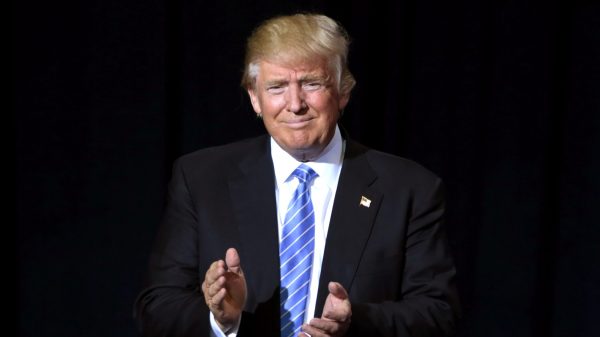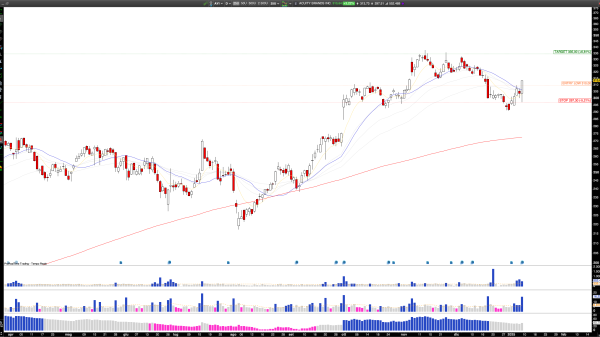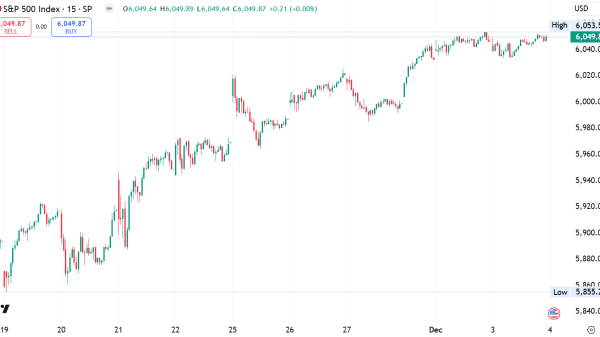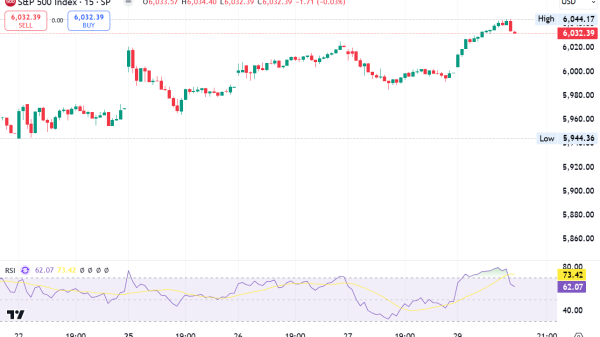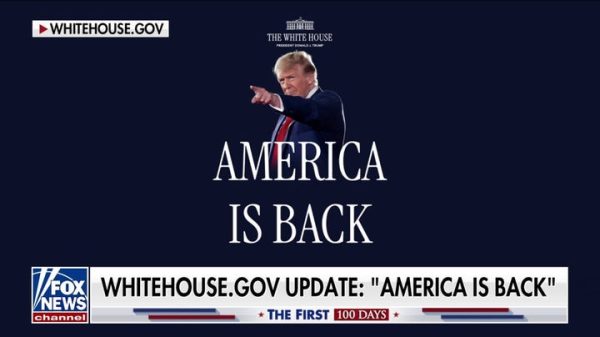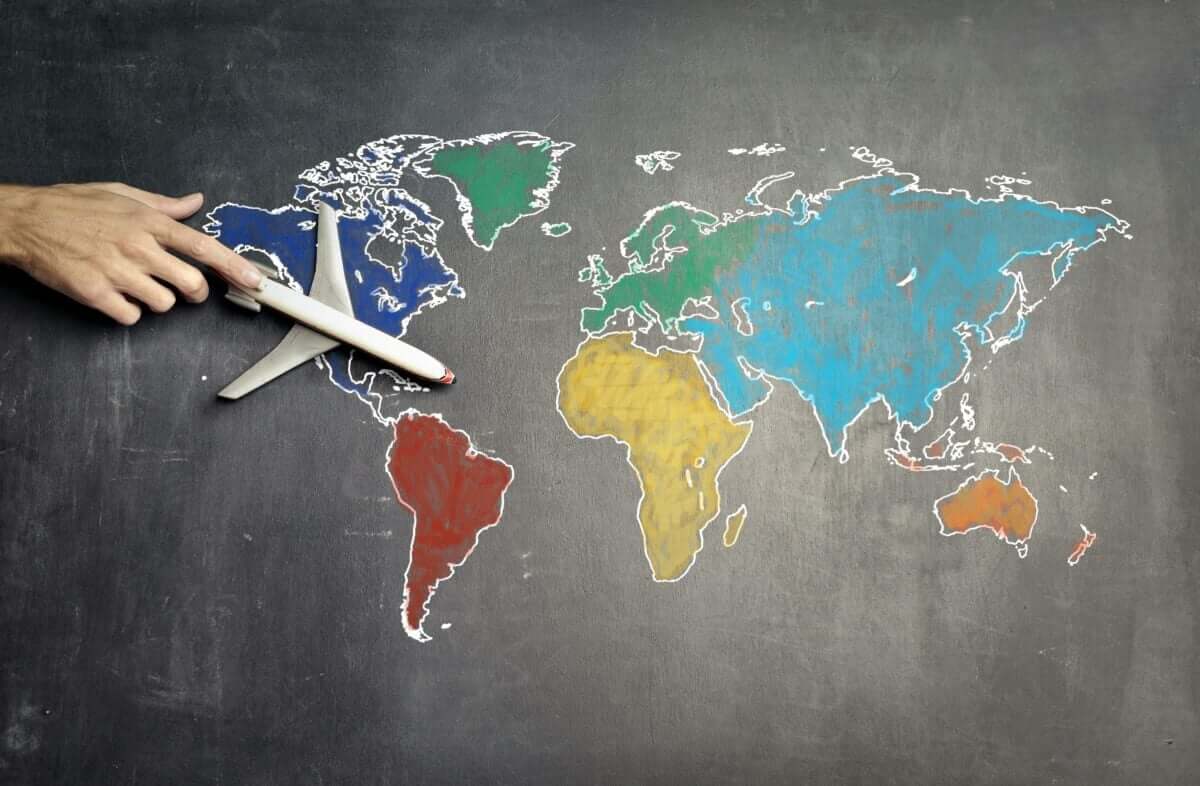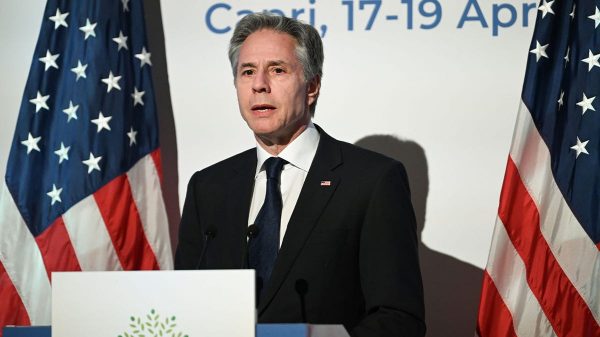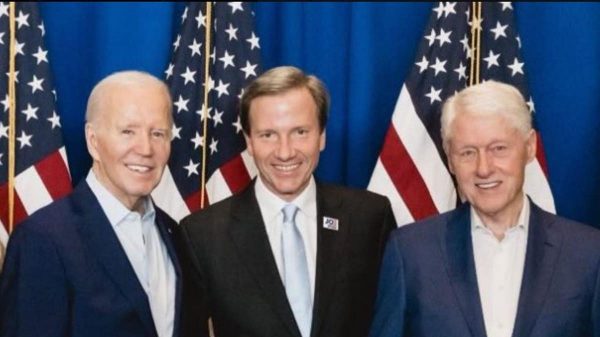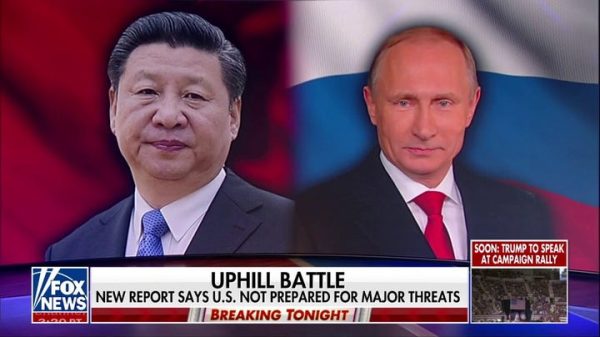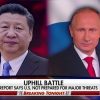Global Dynamics: Navigating $370B U.S. Shift & Multipolarity In 2024
In a world where geopolitical and economic landscapes are continuously evolving, it’s crucial to stay informed about the major events shaping our times. Our detailed exploration offers insights into pivotal developments, from landmark legislations to shifting alliances, and their far-reaching impacts.
$370 Billion Green Tech Boost: U.S. Inflation Reduction Act 2022
The passage of the U.S. Inflation Reduction Act in 2022 marked a significant milestone in the country’s environmental policy. With an unprecedented $370 billion allocated in tax credits for the renewable energy industry, this act signifies a major investment in green technology, as well as a strategic economic and geopolitical maneuver. This funding aims to catalyze advancements in solar, wind, and other renewable energy sectors, potentially creating jobs and reducing carbon emissions. However, this shift has also stoked tensions, particularly with China, due to the U.S.’s intent to collaborate with developing states on securing rare earth materials essential for these technologies. The latter are critical for manufacturing high-tech products, including electric vehicles and wind turbines, and China currently dominates their supply.
U.S. Realigns Middle East Strategy Post-Oct 2023 Hamas Attack
Following the Hamas attack on Israel in October 2023, the U.S. found its attention abruptly redirected towards the Middle East, a region from which it had been progressively withdrawing focus. This event prompted the country to reconsider its strategy in the area, strengthening old alliances and forming new ones. The situation underscores the U.S.’s necessity to adapt swiftly to changing geopolitical climates and maintain its influence across strategic global junctions. Such realignments indicate the broader U.S. strategy to manage its global hegemony amid rising regional powers and shifting political landscapes.
Russia-Ukraine Conflict: NATO Growth & Global Stakes in 2023-24
The war in Ukraine, initiated by Russia in 2022, continues to have profound implications for global stability and European security. This conflict has not only led to tragic loss and displacement but also triggered a series of economic sanctions against Russia, affecting global markets. Furthermore, the war has strained the operations of international bodies like the U.N. Security Council, leading to a deadlock over decisions regarding the conflict. The inclusion of Finland and Sweden in NATO in 2023 and 2024, respectively, represents a direct response to Europe’s growing insecurity regarding Russian aggression, illustrating a significant shift in the military and diplomatic posture of the region.
China Fills Void in Asia-Pacific Post-U.S. TPP Withdrawal
As China continues to assert its influence on the global stage, its expanding role has led to increased tensions. These tensions are particularly notable with major economies, such as the United States. Moreover, the U.S. withdrawal from the Trans-Pacific Partnership under the Trump administration marked a strategic retreat. This move significantly diminished its economic influence in the Asia-Pacific region. Consequently, a gap emerged, which China has been eager to fill. And the resulting vacuum has provided China with a greater scope. It can now more assertively project its policies and preferences in regional and global trade matters. Therefore, this change has complicated the existing trade networks and dependencies.
Alexei Navalny’s Death: Implications for Russian Politics in 2024
The death of Russian opposition leader Alexei Navalny in February 2024 marked a significant moment in Russian politics. Viewed as a politically motivated act by the Russian regime, Navalny’s death has been widely condemned internationally. Moreover, the world sees it as indicative of the lengths to which Vladimir Putin’s government will go to silence opposition. This event not only affects the internal dynamics of Russian politics but also impacts Russia’s image on the world stage, complicating its relations with Western nations and human rights organizations.
North Korea and South Korea: A Deepening Divide
North Korea’s declaration of South Korea as a permanent enemy in February 2024 exacerbates already high tensions on the Korean Peninsula. This declaration is part of North Korea’s continued aggressive posturing, which includes frequent missile tests and military parades. Such actions destabilize regional security. They can also complicate diplomatic efforts aimed at reconciliation and peace in the area, involving major powers like the United States and China in a delicate balancing act.
The Rise of Multipolarity: BRICS and Shanghai Cooperation Organization
The increasing significance of the Shanghai Cooperation Organization and BRICS (Brazil, Russia, India, China, and South Africa) is reflective of a global shift towards multipolarity. These organizations are gradually forging a new narrative in international politics, challenging the long-standing dominance of Western powers. Their efforts to collaborate on economic, political, and security issues signify a collective move toward redefining global governance norms, indicating a more diversified global power distribution.
Trump’s Possible Return: Projections for U.S. Foreign Policy and Global Impact
The potential return of Donald Trump to the presidency represents a significant source of unpredictability for U.S. foreign policy. His previous administration adopted a unilateral approach to international relations. This approach led to the withdrawal from several key treaties and agreements, including the Paris Climate Accord and the Iran Nuclear Deal. Consequently, these actions reflected a broader isolationist and “America First” stance, shifting the U.S. position on global cooperation.
Additionally, a second Trump presidency could reintroduce and amplify these policies. This might strain relations with longstanding allies in Europe and Asia. During his first term, Trump’s skepticism of NATO and his criticism of allies for not meeting defense spending obligations caused widespread concern. These concerns pertained to the future of this military alliance. Moreover, Trump’s trade policies, characterized by tariffs and renegotiations, could again heighten tensions. These policies might even reignite trade wars that were previously close to resolution.
Furthermore, Trump’s return could negatively affect U.S. relations with adversaries such as China and Iran. This change could potentially unravel the delicate diplomatic progress made during his absence. The re-imposition of sanctions and aggressive rhetoric could destabilize global markets. It would likely increase geopolitical tensions, as well. A second term for Donald Trump could fundamentally reshape U.S. foreign policy. Such changes could potentially undo recent efforts aimed at building stronger international coalitions and agreements. Ultimately, this would bring unpredictability to global diplomatic and economic landscapes.
2024 Nuclear Alarm: Russia Ends New START, Risks Global Security
Russia’s recent withdrawal from the New START treaty, a pivotal arms control agreement with the U.S., poses a significant threat to global security. This treaty was one of the last remaining barriers to the unchecked proliferation of nuclear weapons. Its dissolution raises concerns about a potential new arms race at a time when global tensions are already high. It also highlights the urgent need for renewed international efforts towards arms control and disarmament.
Understanding 2024’s Global Dynamics: Interdependence and Challenges
The complexities of today’s global environment are marked by interconnected conflicts, evolving alliances, and the pivotal role of economic policies in shaping international relations. As we continue to witness these developments, the global community remains tightly interwoven, with the actions of one nation invariably affecting the entire matrix of global governance. Understanding these dynamics is essential for navigating the challenges and opportunities that lie ahead in our increasingly multipolar world.
The post Global Dynamics: Navigating $370B U.S. Shift & Multipolarity appeared first on FinanceBrokerage.


